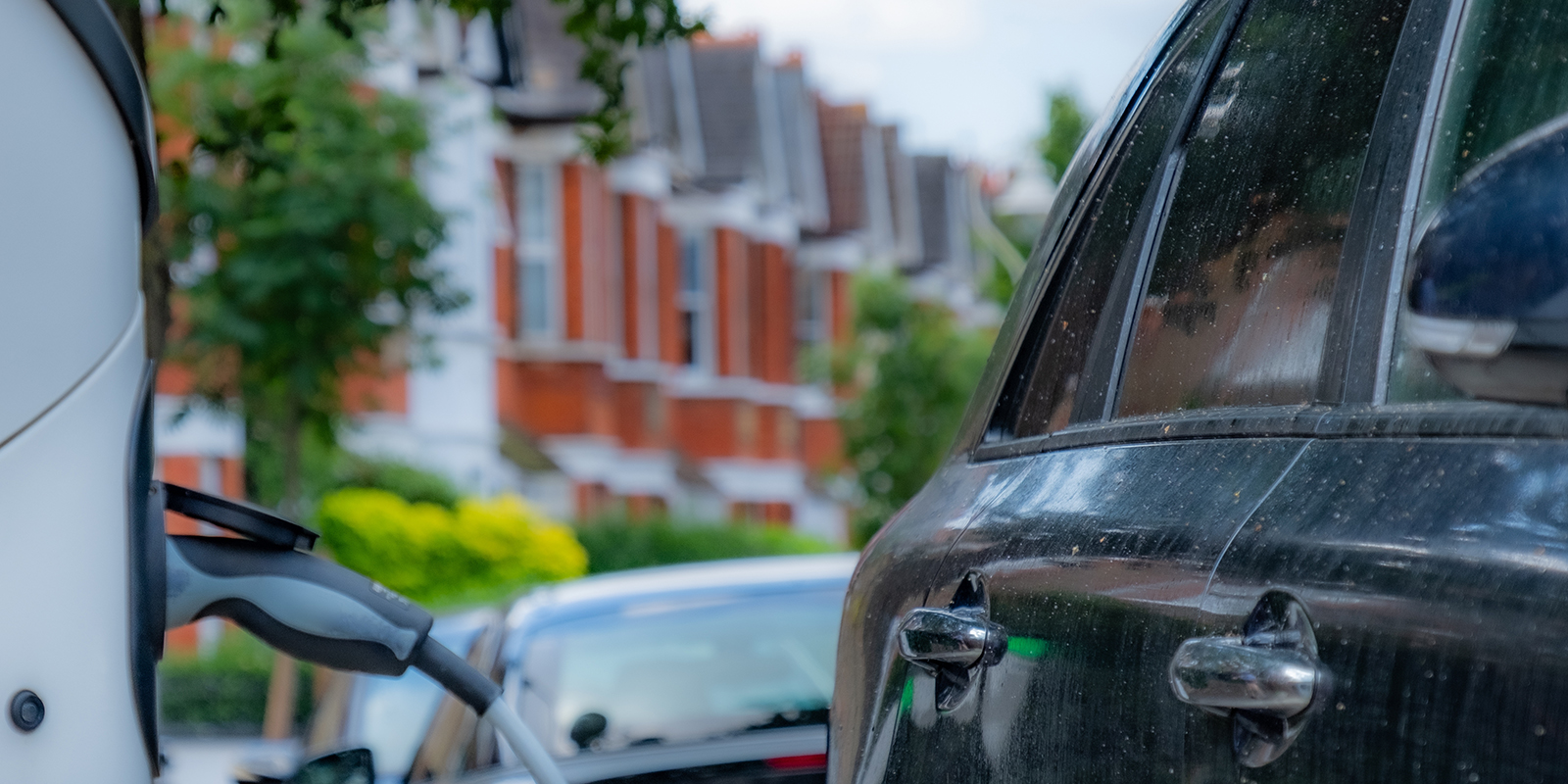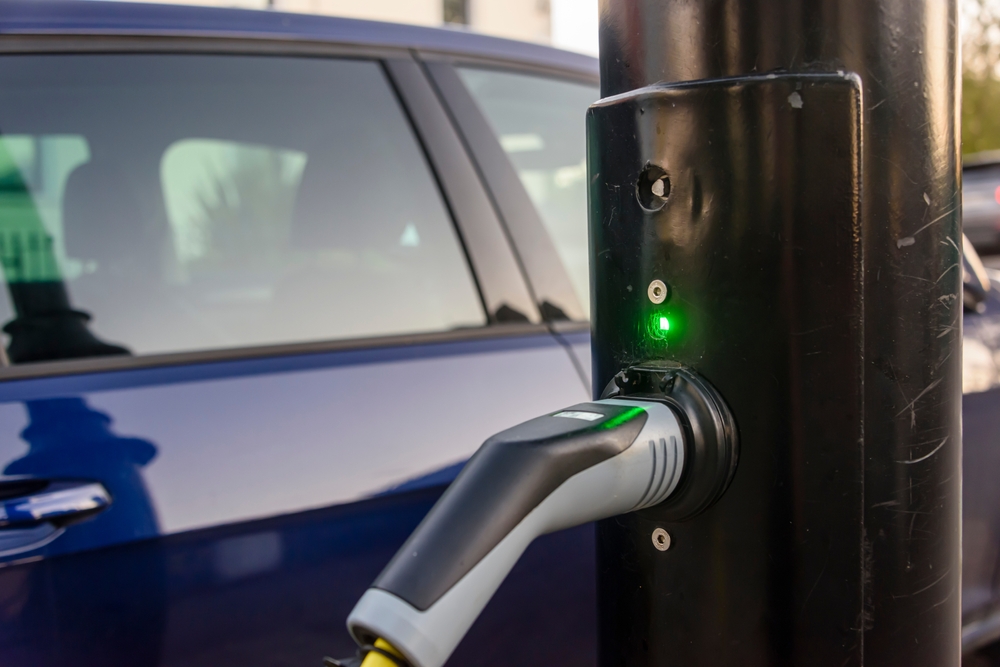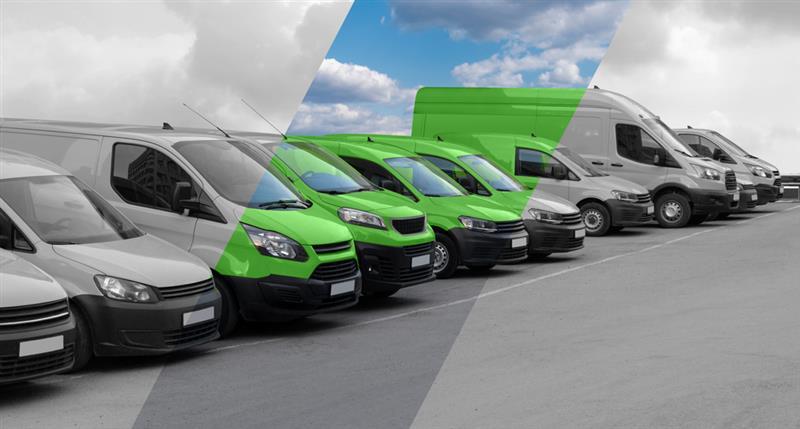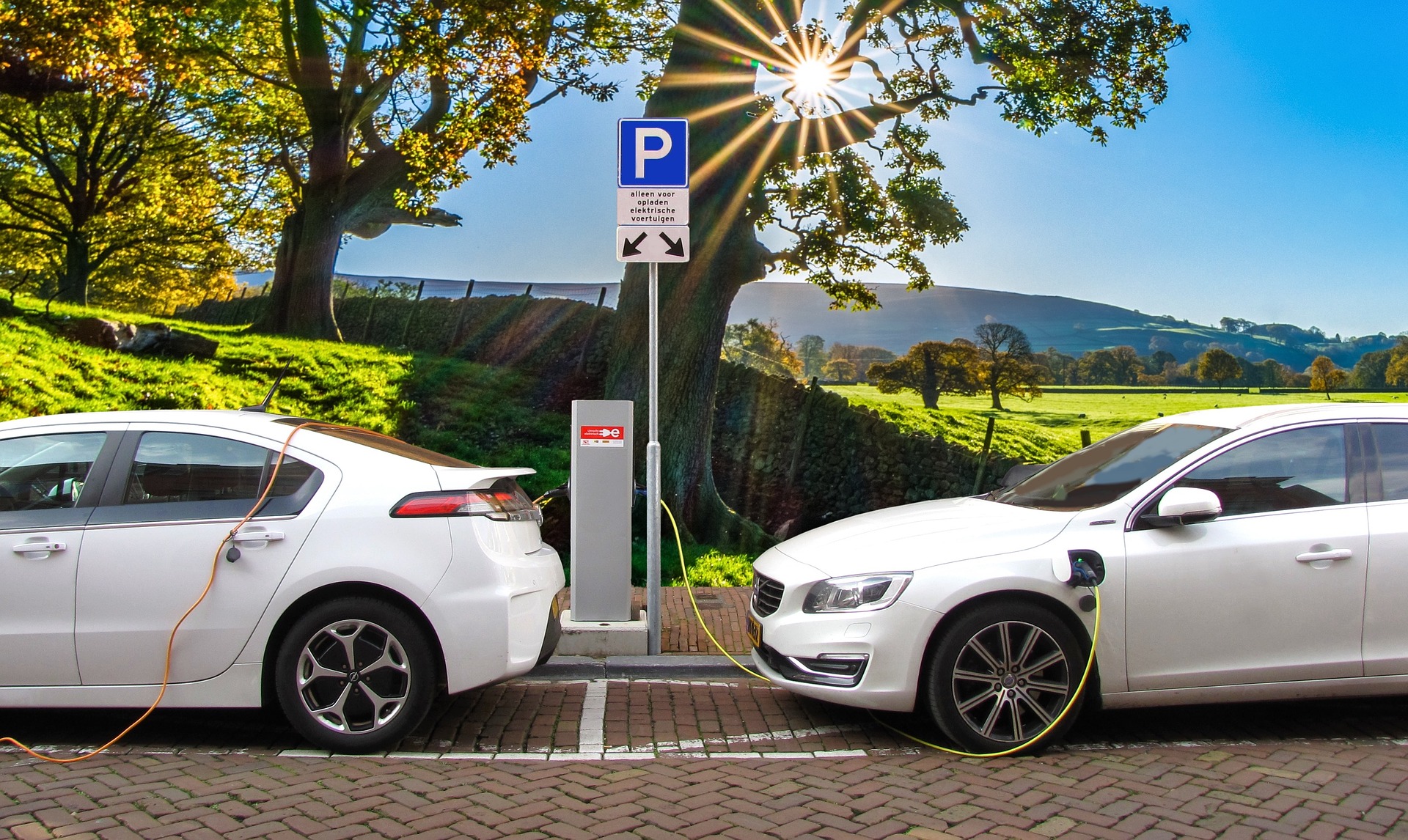In his speech last week, the prime minister announced some significant changes affecting the Net Zero agenda in the UK. Among these changes was the ban on new internal combustion engine (ICE) cars and van sales from 2030. Described as “a new approach”, it has been decided to push this target back to 2035.
WHY WAS THIS DECISION MADE?
Prime minster Rishi Sunak said “sensible green leadership” was needed and it was “not right to impose more costs on working people”.
Despite the impressive progress made by vehicle manufacturers and the EV charging industry, these changes were to allow for more time and to bring the UK in line with other markets across the EU and numerous other countries.
The main point of this change is to allow more time for the manufacturers to develop more affordable electric vehicles. However, companies are making breakthroughs in car battery manufacturing every day, such as Toyota, who recently announced their latest solid-state batteries would be a game-changer by offering a dramatic decrease in price and weight, as well as an increase in charging speeds and distance.
SOME INDUSTRY LEADERS CHALLENGED MOVING THE GOALPOST
Like everything in politics, the opinions on this decision differ and the more prominent players in the industry are speaking out.
Many vehicle manufacturers, such as Ford, Kia, and Volkswagen have expressed their frustration with the delay, as they have already made key investment decisions in line with the 2030 deadline. There is an outcry from these corporations for more policy certainty and clarity on expectations.
In an issued statement, Ford UK chair Lisa Brankin said, “Our business needs three things from the UK government: ambition, commitment and consistency. A relaxation of 2030 would undermine all three.”
OTHERS BREATHE A SIGH OF RELIEF
There are also many organisations that view this decision as a “pragmatic move”.
Car manufacturers such as Toyota and Jaguar Land Rover have been vocal about their agreement with the decision to delay the ban of new ICE vehicles. This positive reaction even comes after Jaguar Land Rover announced in April 2023 that they will be committing £15billion over the next five years towards producing electric vehicles.
In response to the prime minister’s speech on the 20th of September, Jaguar Land Rover released a statement saying, “[The] announcement by the government on the revised end date for the sale of petrol and diesel cars in the UK is pragmatic and brings the UK in line with other nations, which we welcome.
“JLR’s commitment to be fully carbon net zero by 2039 is on track and we look forward to the building of the much-needed infrastructure which will help clients transition to an exciting electric future.”
Some also feel this will aid smaller businesses in their transition to electric, as well as allowing larger corporations more time to properly develop their large scale charging infrastructure to accommodate the extensive number of fleet vehicles.
HOW WILL THIS AFFECT THE EV CHARGING INFRASTRUCTURE?
The prime minister mentioned in his speech that this change is to provide more time for the EV charging infrastructure in the UK to improve and develop more streamlined processes, as well as grant more time for the Grid to complete planned upgrades.
This change comes just a couple of months after the newly outlined legislation to be enforced over the next couple of years, bolstering the EV charging consumer experience. This action toward better public EV charging in the UK was a positive step for the EV and EV charging industry alike, and will notably encourage further adoption of electric vehicles and boost the availability of public EV charge points.
However, it is still unclear whether this delayed Net Zero milestone will influence the government’s urgency and drive for further advancements towards a better EV charging infrastructure.
STILL MOVING AHEAD
Simon Tate, Chief Revenue Officer of Fuuse, shared his thoughts on the announcement:
 “As a charge point management software company who provides products and services for the EV industry, we’ve taken the time to engage with our customers and the EV community about this announcement. Though the change is disappointing, this has certainly not affected anyone’s drive towards a sustainable future and the 2030 target.
“As a charge point management software company who provides products and services for the EV industry, we’ve taken the time to engage with our customers and the EV community about this announcement. Though the change is disappointing, this has certainly not affected anyone’s drive towards a sustainable future and the 2030 target.
“Everyone is still aiming for the same goal, regardless of these changes. If anything, it makes us more determined and brings us all together, showing the real passion everyone shares towards the Net Zero agenda.”
Whether you support or oppose this change to the Net Zero agenda, it is clear that the EV and EV charging industry is continuing to grow and advance at an accelerated pace.
The prime minister pointed out in his speech that an electric vehicle is registered in the UK every sixty seconds. And, with that kind of momentum in consumer support aligned with further government backing on issues like improving the EV charging consumer experience, the UK is still on the right road towards its Net Zero goals.







